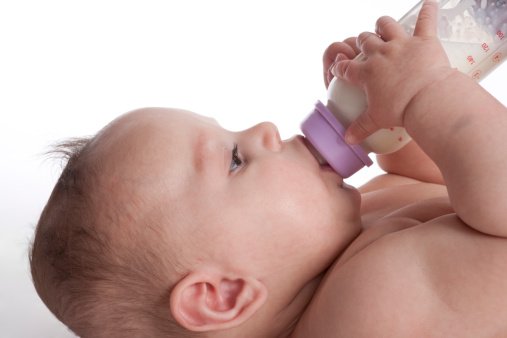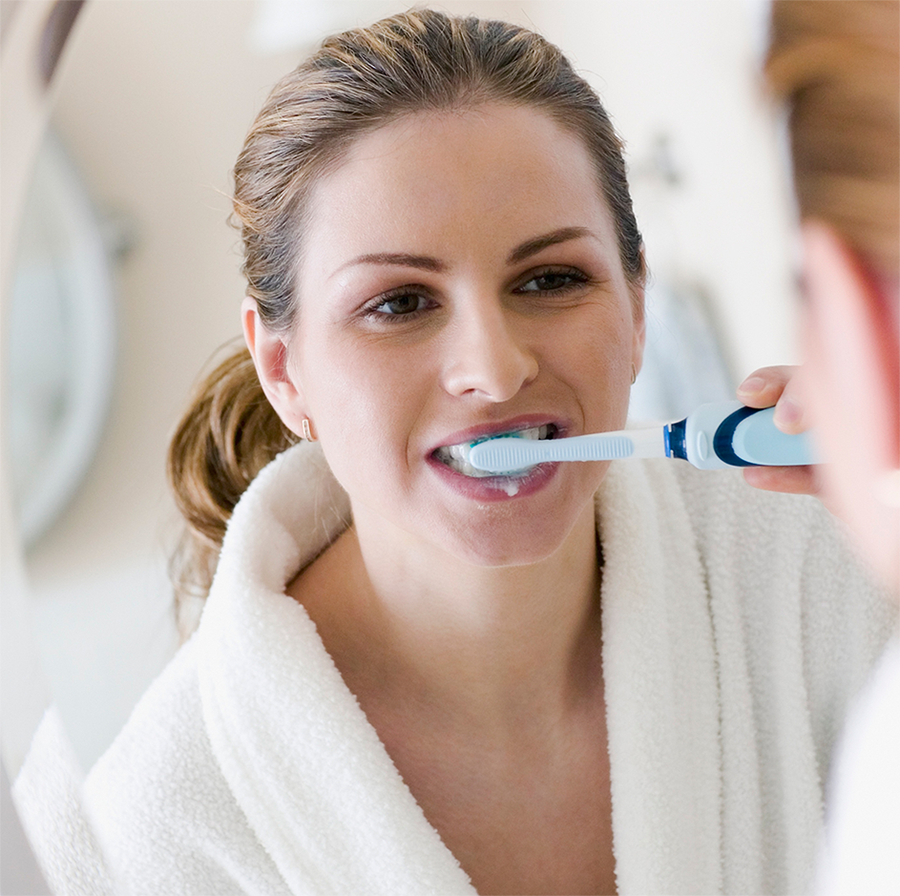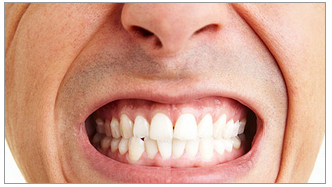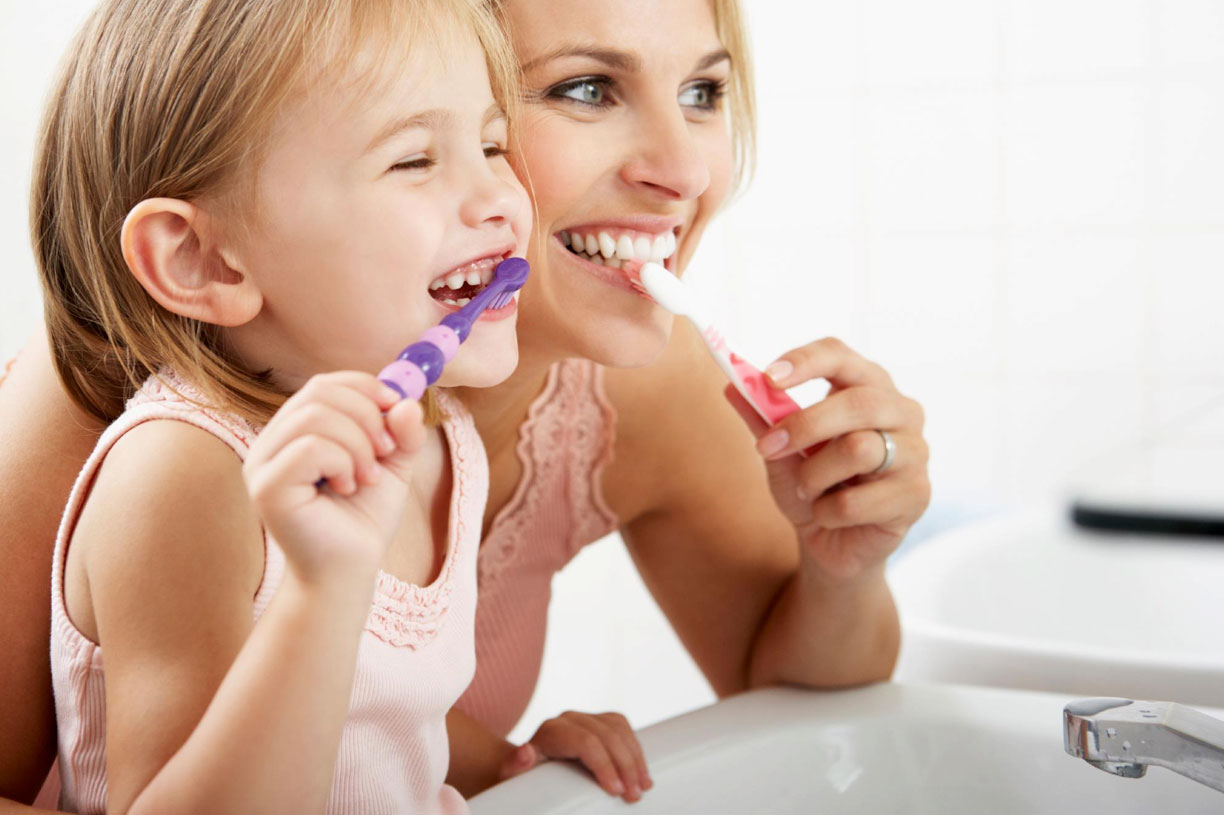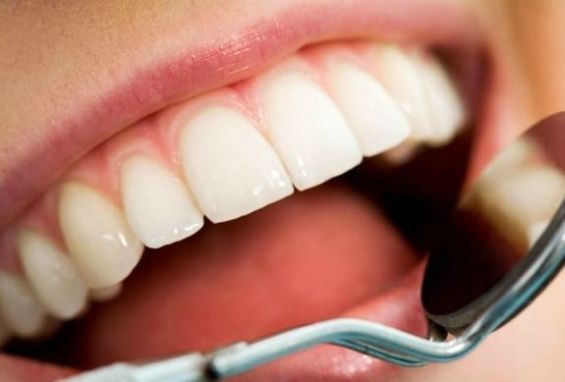Baby Bottle Tooth Decay
Tooth decay in infants and toddlers is often referred to as Baby Bottle Tooth Decay, or Early Childhood Caries. It happens when the child’s teeth come into contact with sugary foods and drinks often and for long periods of time. Among these liquids are milk, formula, fruit juice, sodas and other sweetened drinks. The sugars in these liquids pool around the infant’s teeth and gums, feeding the bacteria in plaque. Every time a child consumes a sugary liquid, acid produced by these bacteria attack the teeth and gums. After numerous attacks, tooth decay can begin.
The condition also is associated with breast-fed infants who have prolonged feeding habits or with children whose pacifiers are frequently dipped in honey, sugar or syrup. The sweet fluids left in the mouth while the infant is sleeping increase the chances of cavities.
Giving an infant a sugary drink at nap or night time is harmful because during sleep, the flow of saliva decreases, allowing the sugary liquids to linger on the child’s teeth for an extended period of time. If left untreated, decay can result, which can cause pain and infection. Severely decayed teeth may need to be extracted. If teeth are infected or lost too early due to baby bottle tooth decay, your child may develop poor eating habits, speech problems, crooked teeth and damaged adult teeth. Healthy baby teeth will usually result in healthy permanent teeth.
If your infant or toddler does not receive an adequate amount of fluoride, they may also have an increased risk for tooth decay. The good news is that decay is preventable.
Preventing Baby Bottle Tooth Decay
Infants should finish their bedtime or naptime bottle before going to bed. A bottle should not be used as a pacifier. Frequent sips of sugary liquids can cause tooth decay. Clean and massage the baby’s gums to help establish healthy teeth and to aid in teething. Wrap a moistened gauze square or washcloth around the finger and gently massage the gums and gingival tissues. This should be done after every feeding.
Plaque removal activities should begin upon eruption of the first baby tooth. When brushing a child’s teeth, use a soft toothbrush and water. If you are considering using toothpaste before your child’s second birthday, ask your general dentist first. Parents should first bring their child to the dentist when the child is between 6 and 12 months old.
Remember that healthy baby teeth will lead to healthy permanent teeth.

